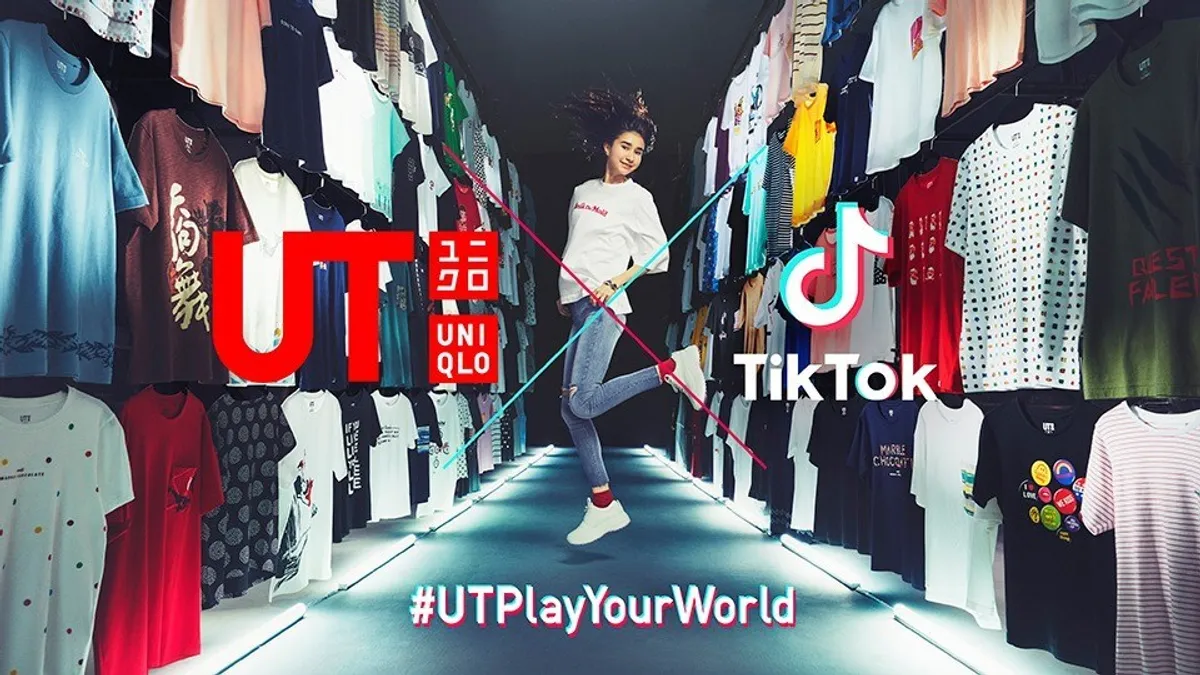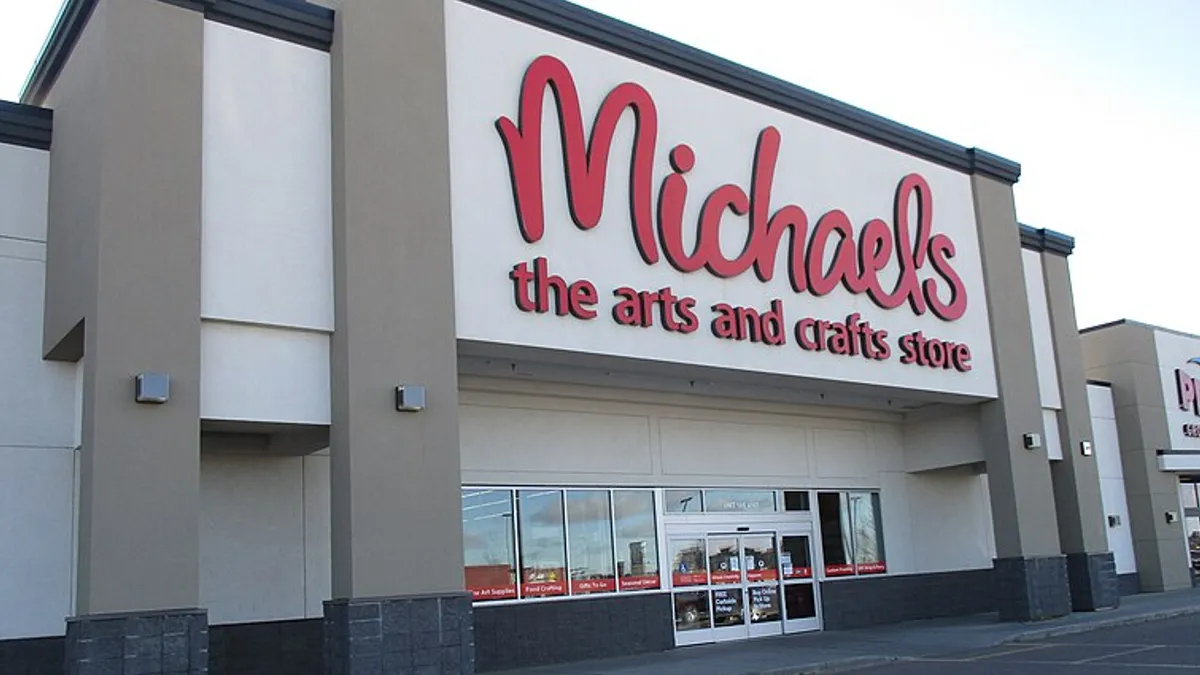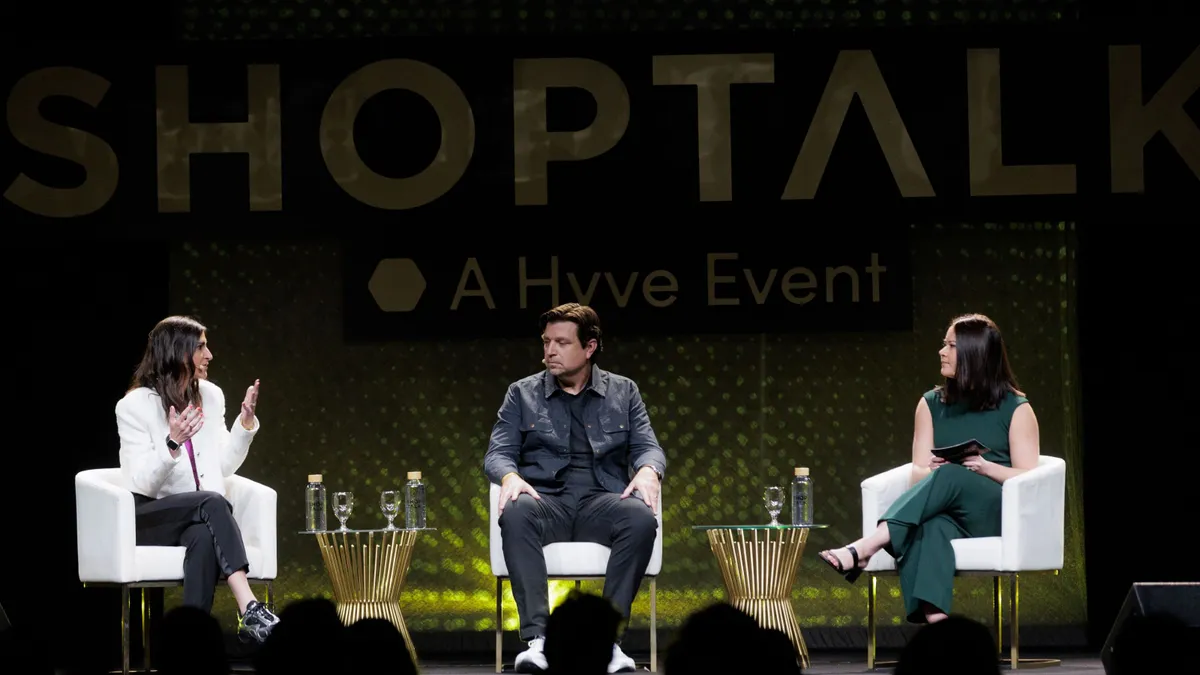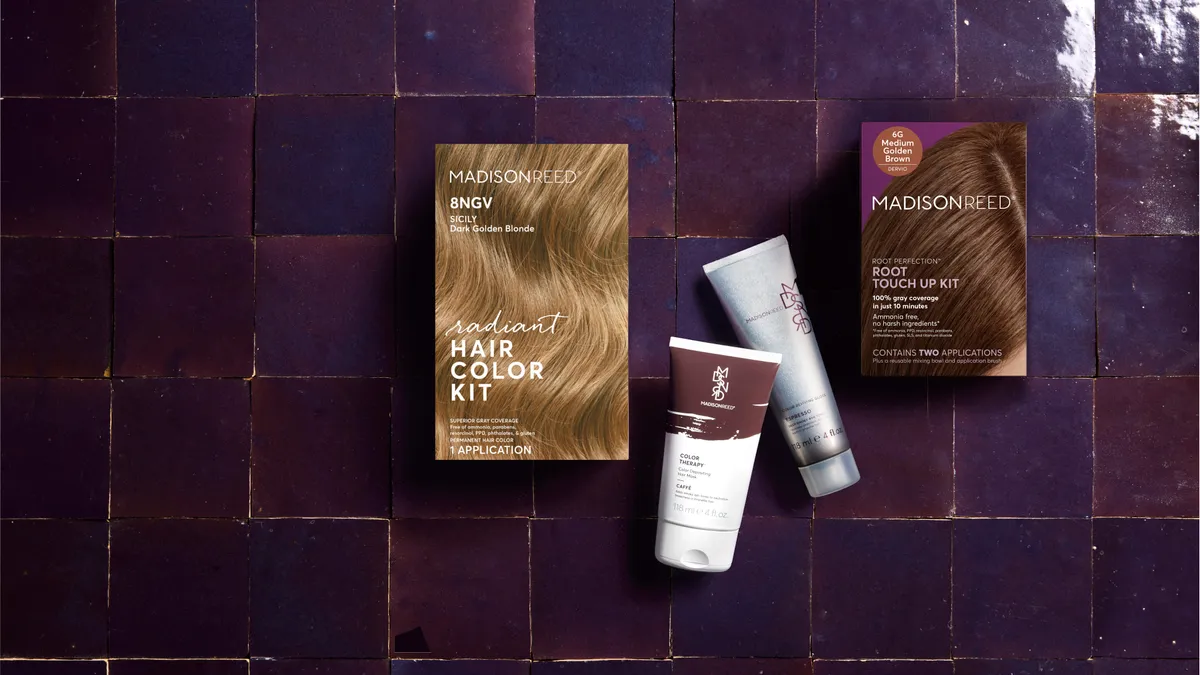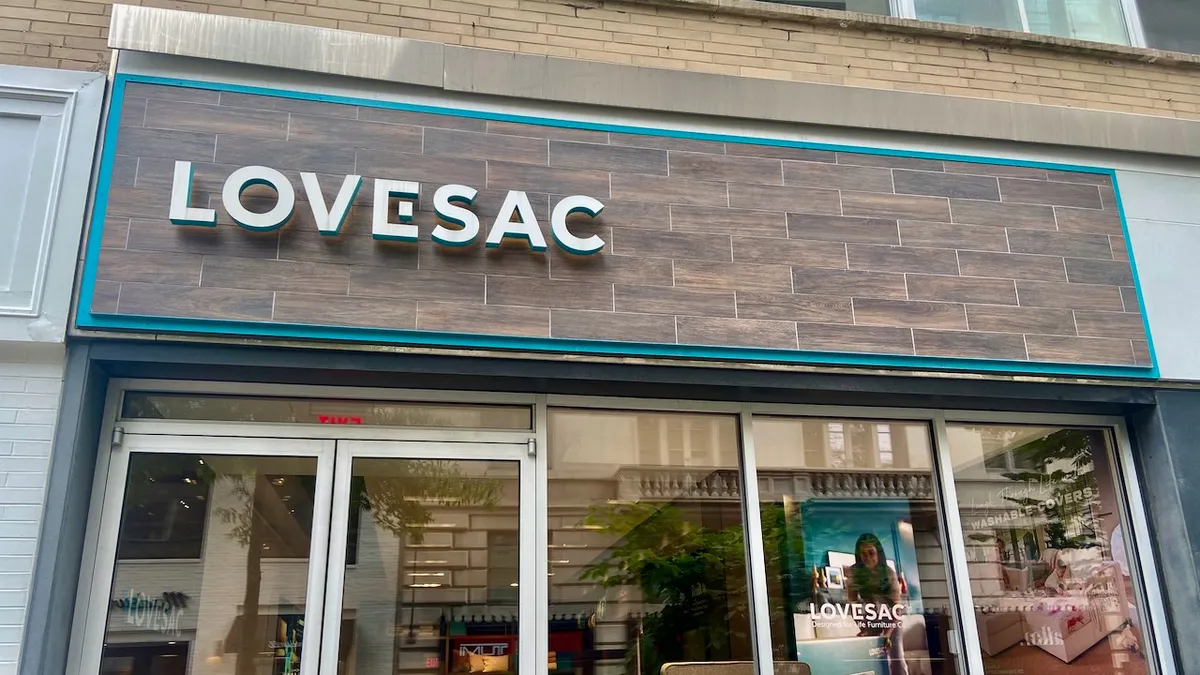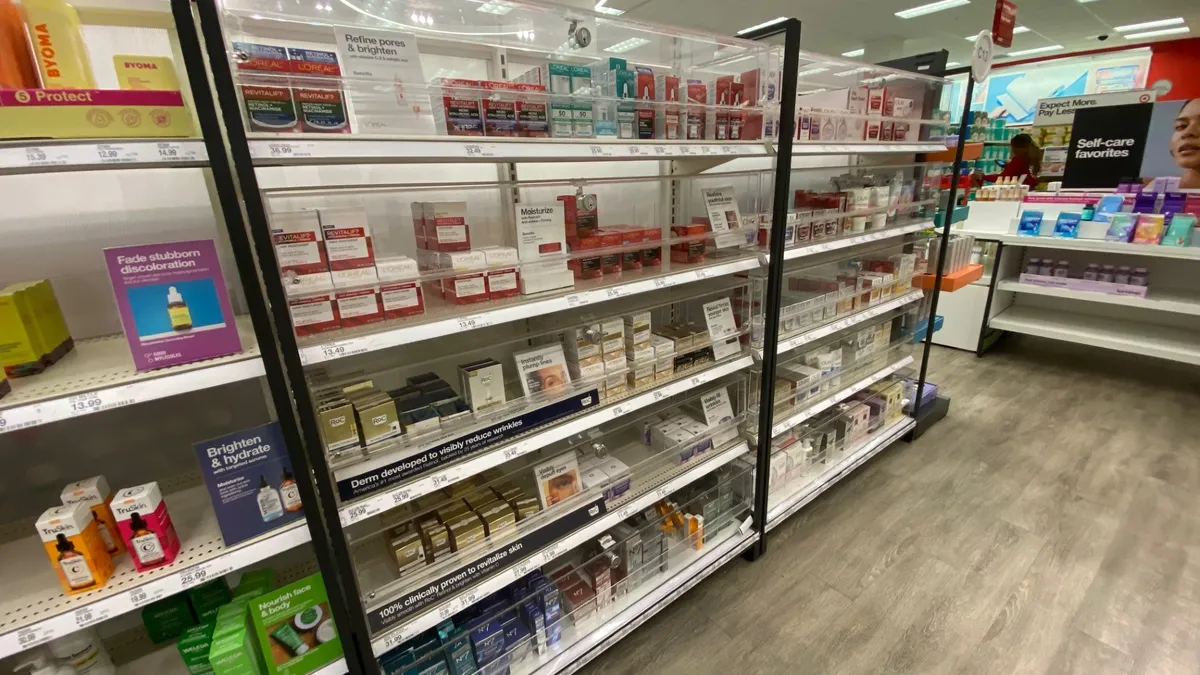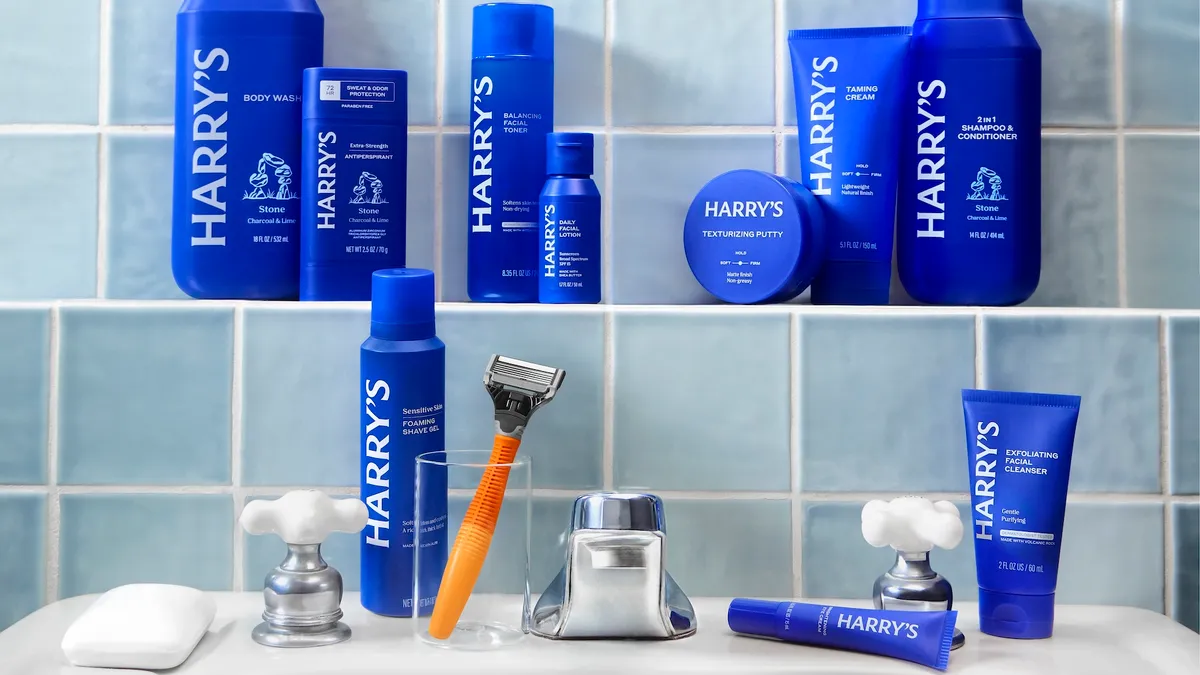Video-sharing app TikTok has the potential to be a key media platform for brands looking to reach young audiences around the upcoming holiday shopping season, several marketing experts told sister publication Mobile Marketer.
However, brands must be open-minded and willing to experiment because the app is still a nascent and mostly untested marketing channel that's working to keep apace with a significant surge in popularity. Chipotle Mexican Grill, Uniqlo, Ralph Lauren and the National Football League are among the first major brands to get on board with TikTok. Just last week, American Eagle Outfitters launched its first TikTok campaign to reach teens via a hashtag challenge, brand takeover and beta test of an in-feed video ad with badge that directs users to an external site to make a purchase. These efforts are recent enough that it's hard to know the exact size of the TikTok opportunity but, marketers are clearly interested.
"You're riding a rocket ship," Anne Hunter, EVP of strategy and growth at market research firm Kantar, said in an interview. "TikTok is very exciting for brands that want to have prevalence with younger audiences."
Arriving on the scene
TikTok seemed to arrive out of nowhere when it racked up more than 1 billion downloads worldwide in the first seven months after debuting in August 2018, as measured by app researcher Sensor Tower. Some of the app's growth can be attributed to its focus on fun and quirky user-generated videos, and to the ample marketing support from parent company ByteDance, which drop $1 billion last year to advertise TikTok. This summer, the app signed with four agencies to hone its positioning in the U.S.
With young consumers' strong interest in mobile video, TikTok has gained a following by making it easy for users to craft their own videos through user-friendly editing tools to add effects, digital stickers, captions and music. The app also encourages collaboration with a feature called "duets" that lets people combine their videos in a split-screen, helping to spread popular memes and challenges with their friends and followers.
Leading into this year's holiday season, marketers interested in reaching TikTok users can learn from the early successes of other brands that have developed campaigns specifically for the app.
A key strategy among early adopters is to work with social influencers who have gained loyal followings on the platform. Among product categories, music has performed well on TikTok as users add soundtracks to their videos, exposing them to tracks they can later download or stream. Before the holidays, users could be looking for content related to gift categories including apparel, accessories, shoes, makeup, electronics and toys.
"Brands should work with influencers now to demonstrate their products," Kantar's Hunter said. "That will help with reaching younger viewers and getting on Christmas wish lists."
Hashtag challenges
Influencer campaigns work well with branded hashtag challenges, a type of campaign that taps into TikTok's key feature of urging audience participation. For this approach, brands sponsor a hashtag that TikTok users can add to their videos to compile them in the app, potentially boosting discoverability among other users.
"Hashtag challenges that tie into a contest are a great way to generate exposure during the holidays," Dave Neuman, director of social media strategy at digital ad firm RhythmOne, told Mobile Marketer. "In order to maximize success with an initiative like this, it's worth tapping into relevant influencers with a large following to drive traction around the hashtag and your brand."
For example, a marketer can offer a chance to win free merchandise, discounts or other prizes to users who create videos with a specific hashtag that TikTok will feature prominently on its home screen.
"If the goal is to push out a product prior to Black Friday or Cyber Monday, a challenge like this should be launched the first week of November to build up momentum leading into that weekend," Neuman said.
Unsaturated market
For marketers, part of TikTok's appeal also comes from the fact that, because it's new, it hasn't yet been overrun by marketing messages.
"The best thing about TikTok right now for brands trying to get on the platform is how unsaturated it is with branded content," Flow Adepoju, head of retail partnerships at marketing agency Fanbytes, said in an interview.
Relative lack of competition for user attention helped watchmaker Larsson & Jennings, a Fanbytes client, generate 1.8 million views last summer in an effort that included influencer collaborations reaching 4.7 million users, per a case study from the company.
"The tone is similar to what Vine was — light, funny, doesn't take itself too seriously. Content that doesn't support this theme won't perform well and, in fact, might have an adverse effect."

Dave Neuman
RhythmOne, director of social media
The fact that TikTok is a video-first platform certainly contributes to its appeal among consumers, so brands need to keep this in mind, as they'll likely have to commit to developing fresh content instead of repurposing material. In terms of the feel of the content, the app is more like Vine — the short-format video app Twitter shuttered three years ago — than Google's YouTube.
"The tone is similar to what Vine was — light, funny, doesn't take itself too seriously. Content that doesn't support this theme won't perform well and, in fact, might have an adverse effect," RhythmOne's Neuman said. "While creating videos for TikTok might not incur as much time and resources as a professionally produced video that you might develop for YouTube, there is still a pretty significant time commitment."
RhythmOne recommends that brands consider how their objectives align with the platform's raw, spontaneous feel before creating content for TikTok.
"What works is creativity and authenticity," Laura Perez, a TikTok spokesperson, told Mobile Marketer. "People really love a fun, creative take on a challenge — it's all very new and experimental."
Testing ad formats
TikTok has created a variety of ad products that are in various stages of availability. It started testing in-feed video ads this year, limited-time brand takeover ads that appear when a user opens the app, branded augmented reality lenses that users can to add to videos and banner ads that urge users to participate in branded challenges.
TikTok declined to disclose data about its audience or demographics, or the development of its ad platform to include more automated features.
Most of what people know about TikTok's ad services has come through the sales efforts of its marketing teams that work directly with brands and agencies. Press reports indicate that TikTok has expanded its audience targeting features, and is testing a self-serve ad platform that lets advertisers bid for ad placements.
The company last month began piloting a native audience network — with rewarded video ads and interstitials — for advertisers seeking to reach people in China and Japan, potentially signaling a broader rollout to the U.S., Adweek reported.
Advertisers also need to temper their expectations for TikTok, given that the company is still in the comparably early stages of developing ad products and working to educate marketers on best strategies. Parent company ByteDance has ramped up hiring to reach 50,000 employees, adding marketing talent from rivals like Facebook, Google, Snap and Twitter.
"In some ways, TikTok is a victim of its own success," Fanbytes' Adepoju said, adding that she's also a big fan of the platform and its power to engage viewers with brands, influencers and other users. TikTok's rapid growth "gives brands the opportunity to grow with the platform."


